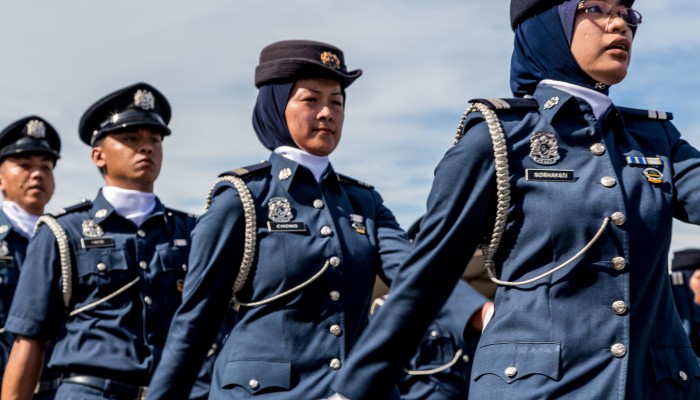Protection in Malaysia and the Rule of Law
This post forms part of our series in showcasing abstracts of presentations featured at our annual postgraduate interdisciplinary conference on refugee and forced migration research, hosted in October 2017 at The University of Melbourne.
Renuka T. Balasubramaniam
Malaysia has engaged in the de facto and temporary protection of asylum seekers for over 40 years. In recent times, an aspect of its protection efforts that has been the subject of criticism has been the human rights violations encountered by refugees. Within Malaysia’s un-formalised approach to protection, there is also clear evidence of confusion among public actors, who are duty bound to administer the law.
This study examined the laws that govern, and the institutions accountable for, humanitarian protection in Malaysia. The object of this investigation was to employ a rule of law framework, to determine the extent to which decision-making concerning refugees by Malaysian authorities is consistent with the Rule of Law. The methods adopted were a doctrinal analysis of common law and statute, combined with a textual analysis of publicly reported secondary material, and personal observations as a practitioner. The first intermediate finding made by this study was that the un-formalised protection that Malaysia grants to refugees can be justified; on the one hand, by the prerogative to regulate entry and, on the other, by the individual’s freedom of movement. Its next finding was that the prerogative to regulate entry and the individual’s freedom of movement have been displaced by statute for the control of immigration. Malaysia’s Immigration Act has clarified Parliament’s intent as regards the prerogative of defence in the interests of national security.
As such, it displaces the Executive’s humanitarian endeavours. The symptoms of harms to refugees, and administrative dissonance to public officials, are the result of the failure to reconcile the competing forces of Parliament’s statutory intent and the Executive’s political agenda.
Renuka T. Balasubramaniam is a Malaysian lawyer. Her LLM research at La Trobe University’s school of law, was on the subject of Refugee Protection in Malaysia and the Rule of Law . Over her thirteen-year career as a lawyer she has represented refugees appealing the punishment of caning for illegal entry and negative status determination by the UNHCR. She is currently consulting for The Forest Trust, a global non-profit working on reducing the negative social and environmental impacts of sourcing palm oil in Malaysia and Indonesia.
